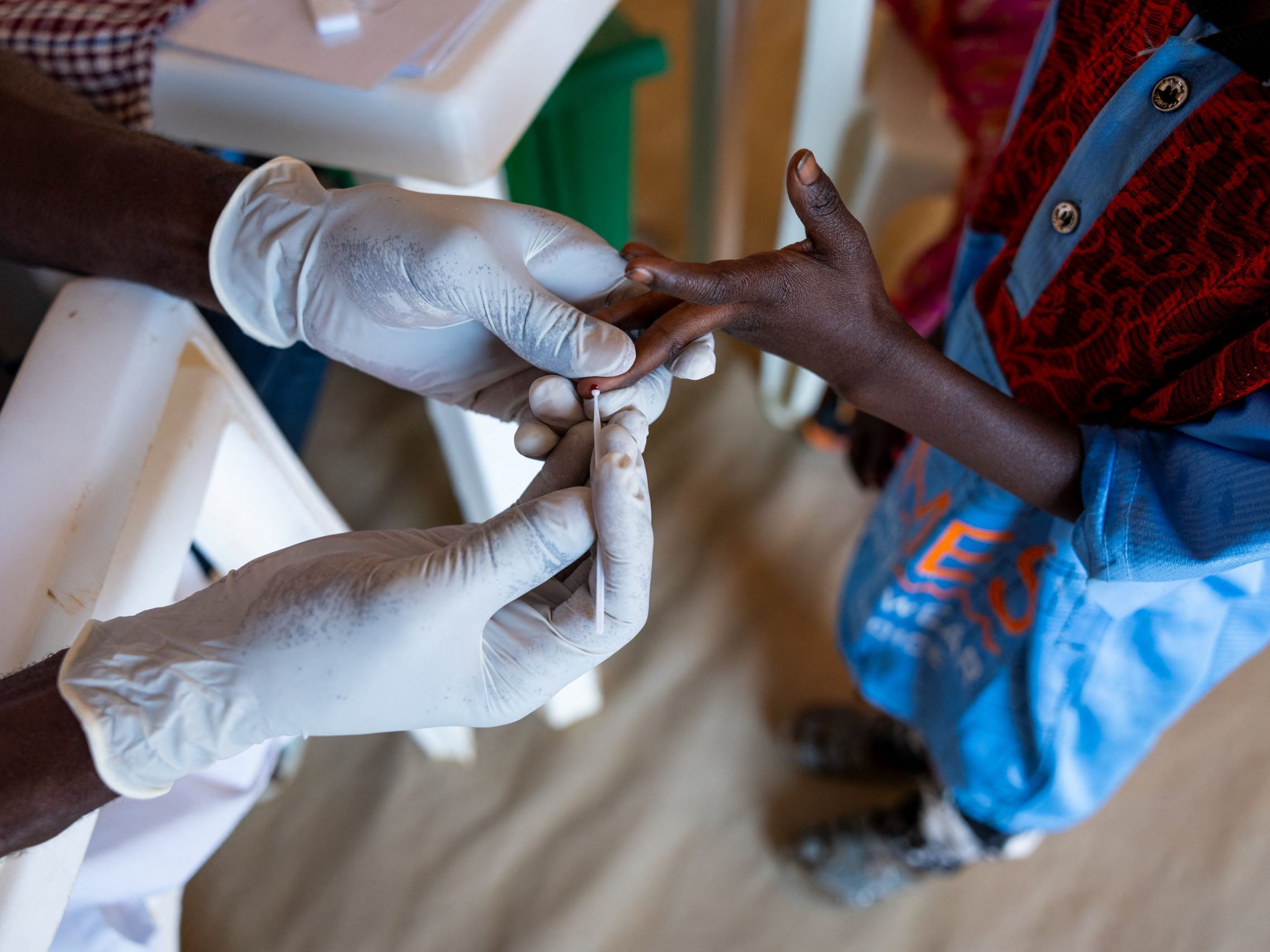Incredible! Jaundice as a Lifesaver? New Study Reveals Surprising Malaria Protection

They show that unconjugated bilirubin might not only be an indicator but also an active protector against the most dangerous forms of malaria. A discovery that has the potential to fundamentally change our knowledge about malaria and the role of our own bodies in disease defense.
Malaria and the Role of Bilirubin: What We Knew So Far
Malaria is a parasitic disease caused by plasmodia and mainly transmitted through mosquito bites. The tiny parasites have a devious strategy: they invade our red blood cells, the erythrocytes, multiply within them, and eventually cause them to burst. During this breakdown, not only is the parasite released, but also the red blood pigment hemoglobin. Hemoglobin is toxic to the body in high concentrations and must be broken down. This is where bilirubin comes into play: it is a breakdown product of hemoglobin, and its elevated levels in the blood (visible as jaundice or icterus) were previously considered a clear sign of an advanced and severe malaria course, often associated with an increased risk of death.
The Surprising Discovery: Bilirubin as an Active Protector
The new study, however, provides a startling twist. The researchers found that patients with asymptomatic malaria—without obvious disease symptoms—had on average a tenfold higher concentration of unconjugated bilirubin in their blood than symptomatic patients. This suggests that high bilirubin levels may not only be a symptom but part of a protective response by the body.
To test this hypothesis, the scientists infected mice with plasmodia. Mice that could not produce bilirubin due to a missing gene invariably died from malaria—a normally harmless infection for regular mice. However, when these mice were treated with bilirubin, they survived. This is strong evidence that bilirubin has a direct, protective effect against malaria pathogens.
The Mechanism: How Bilirubin Fights Parasites
But how exactly does this seemingly toxic pigment protect? Research shows that bilirubin directly attacks the plasmodia within their red blood cells. It targets the parasites' "food vacuole" – a type of digestive organ where the plasmodia break down hemoglobin to obtain vital amino acids while simultaneously protecting themselves from the toxicity of hemoglobin. Bilirubin disrupts this crucial process: without the supply of amino acids, the parasites' mitochondria malfunction, which can be fatal for them. Thus, bilirubin acts like an internal pesticide, destroying the pathogen's livelihood.
An Evolutionary Compromise: The Gilbert Syndrome
These findings also shed new light on the so-called Gilbert syndrome, a genetic predisposition where the breakdown of bilirubin in the liver is impaired, leading to slightly elevated but generally harmless bilirubin levels. Interestingly, a gene variant that leads to Gilbert syndrome is more common in people of African descent than in Europeans or Asians. Studies have also shown that people with Gilbert syndrome are less likely to suffer from heart attacks.
Current malaria research suggests that this higher prevalence in African populations could be an evolutionary advantage. A slightly elevated bilirubin level thus offers some protection against severe malaria courses. Researchers speak of an "evolutionary compromise": while high bilirubin levels can be harmful in the first days of life in newborns (neonatal jaundice), a moderately elevated bilirubin level later in life provides increased resistance to malaria.
Conclusion and Outlook
These groundbreaking research results fundamentally change our understanding of bilirubin. From a mere warning signal, it becomes a potential ally in the fight against malaria, supporting our own immune system in unexpected ways. For medical research, including in Austria, this could lead to new approaches for malaria therapies that aim to strengthen these body's own defense mechanisms. It once again shows how complex and fascinating the interactions in our body are, and that seemingly negative markers can harbor unexpected protective functions.
This article has been automatically translated, read the original article here.





